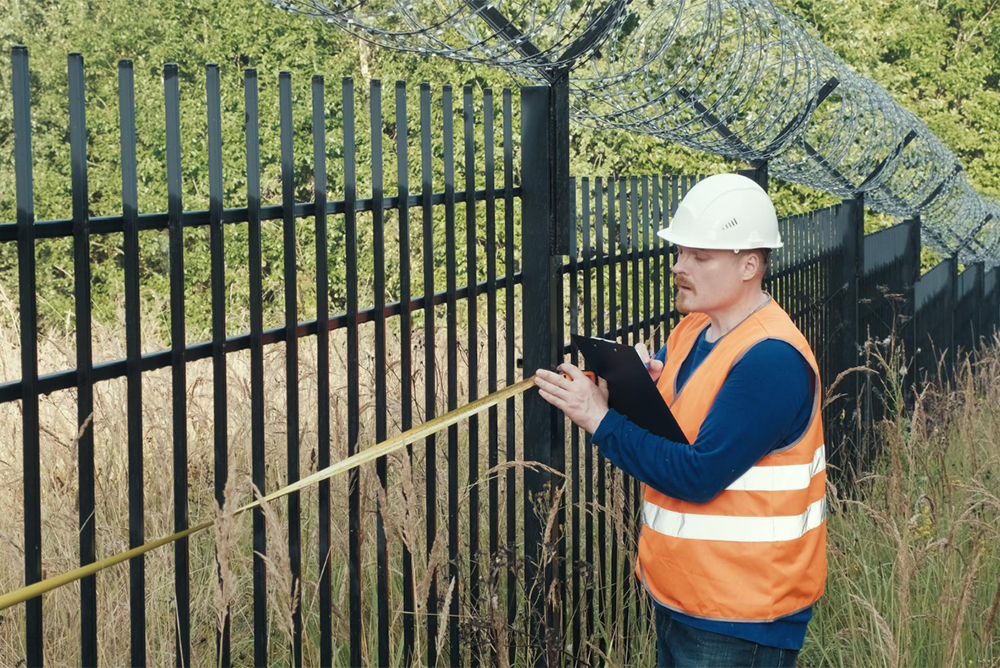
Installing a new fence is one of the most impactful home improvements you can make. A well-built fence enhances your property's curb appeal, provides privacy and security, and can significantly boost your home's value. However, choosing the wrong contractor can turn this exciting project into a costly nightmare.
Many homeowners make critical errors during the contractor selection process that lead to subpar workmanship, budget overruns, and legal headaches. The good news? These mistakes are entirely preventable when you know what to look for.
Whether you're planning a decorative front yard fence or a privacy barrier for your backyard, avoiding these common pitfalls will help ensure your fencing project succeeds from start to finish.
Price shopping is natural, but choosing a contractor based solely on the lowest estimate often backfires. Extremely low bids typically signal corners will be cut somewhere—whether through substandard materials, rushed installation, or inexperienced workers.
Professional fencing contractors factor in quality materials, proper installation techniques, permits, insurance, and fair labor costs. When a bid seems too good to be true, it usually is.
Instead of focusing exclusively on price, compare what each contractor includes in their estimate. Look for detailed breakdowns of materials, labor, and timeline. A slightly higher bid from a reputable contractor often provides better long-term value than the cheapest option.
Never assume a contractor has proper licensing and insurance simply because they claim to. Unfortunately, some contractors operate without adequate coverage, leaving homeowners liable for accidents, property damage, or substandard work.
Before hiring any fencing contractor, verify their business license through your local licensing board. Request certificates of insurance for both general liability and workers' compensation coverage. Don't hesitate to contact the insurance company directly to confirm coverage is current and sufficient.
Licensed and insured contractors protect both themselves and their clients. This verification step takes just a few minutes but can save you thousands in potential liability.
A contractor's past work speaks volumes about what you can expect. Yet many homeowners skip this crucial research step, relying instead on smooth sales presentations or attractive websites.
Ask potential contractors for recent customer references, preferably projects similar to yours. Contact these references directly and ask about work quality, timeliness, communication, and overall satisfaction. Drive by some of these completed projects if possible to see the craftsmanship firsthand.
Also research online reviews across multiple platforms like Google, Yelp, and the Better Business Bureau. Look for patterns in feedback—both positive and negative. A few bad reviews among many good ones might not be concerning, but consistent complaints about delays, poor communication, or shoddy work should raise red flags.
Verbal agreements and handshake deals might feel friendly, but they offer zero protection when problems arise. Professional contractors provide detailed written contracts that protect both parties and set clear expectations.
Your contract should specify materials (including brands and grades), project timeline, total cost, payment schedule, and cleanup responsibilities. It should also address potential issues like permit requirements, property line disputes, or weather delays.
Review the contract carefully before signing. If something isn't clear or seems missing, ask for clarification in writing. A reputable contractor will welcome your thoroughness and make necessary adjustments.
Many fence installations require permits, especially for certain heights, materials, or locations near property lines. Some homeowners try to skip permits to save time and money, while others hire contractors who cut this corner.
Installing a fence without required permits can result in fines, forced removal, or complications when selling your home. Additionally, unpermitted work may not be covered by insurance if problems occur later.
Experienced fencing contractors know local permit requirements and will handle the application process for you. If a contractor suggests skipping permits or seems unfamiliar with local regulations, consider it a major warning sign.
Nothing creates neighbor disputes faster than a fence installed on the wrong property. Yet many homeowners proceed with installation based on assumptions about their property boundaries rather than verified measurements.
Before any fence installation begins, confirm your exact property lines through a recent survey or by having a professional surveyor mark the boundaries. This small upfront investment prevents expensive mistakes and maintains good neighbor relationships.
Share the survey results with your contractor and ensure the planned fence location respects all setback requirements and easements. Clear communication about boundaries protects everyone involved in the project.
Legitimate contractors typically request minimal money upfront—perhaps enough to cover materials or a small percentage of the total project cost. Contractors who demand large upfront payments or full payment before starting work often disappear once they receive the money.
A reasonable payment schedule might include a small deposit to secure your spot on the schedule, a materials payment when materials arrive on site, and final payment upon satisfactory completion. Never pay the full amount until you've inspected the finished work and confirmed it meets your expectations.
Be especially wary of door-to-door contractors who pressure you to sign contracts and make immediate payments. Reputable contractors build their business through referrals and quality work, not high-pressure sales tactics.
Selecting the right fence contractor requires time and research, but this investment pays dividends in the form of beautiful, durable fencing that enhances your property for years to come. Take time to thoroughly vet potential contractors, verify their credentials, and ensure clear communication throughout the process.
Remember that the cheapest option rarely provides the best value, and cutting corners during contractor selection often leads to expensive problems later. By avoiding these common mistakes, you'll position yourself for a successful fencing project that meets your needs and exceeds your expectations.
If you're looking for fencing contractors in Orlando, FL, contact Wulff Fence today for free estimates. Our experienced team provides quality installations backed by proper licensing, insurance, and a commitment to customer satisfaction.